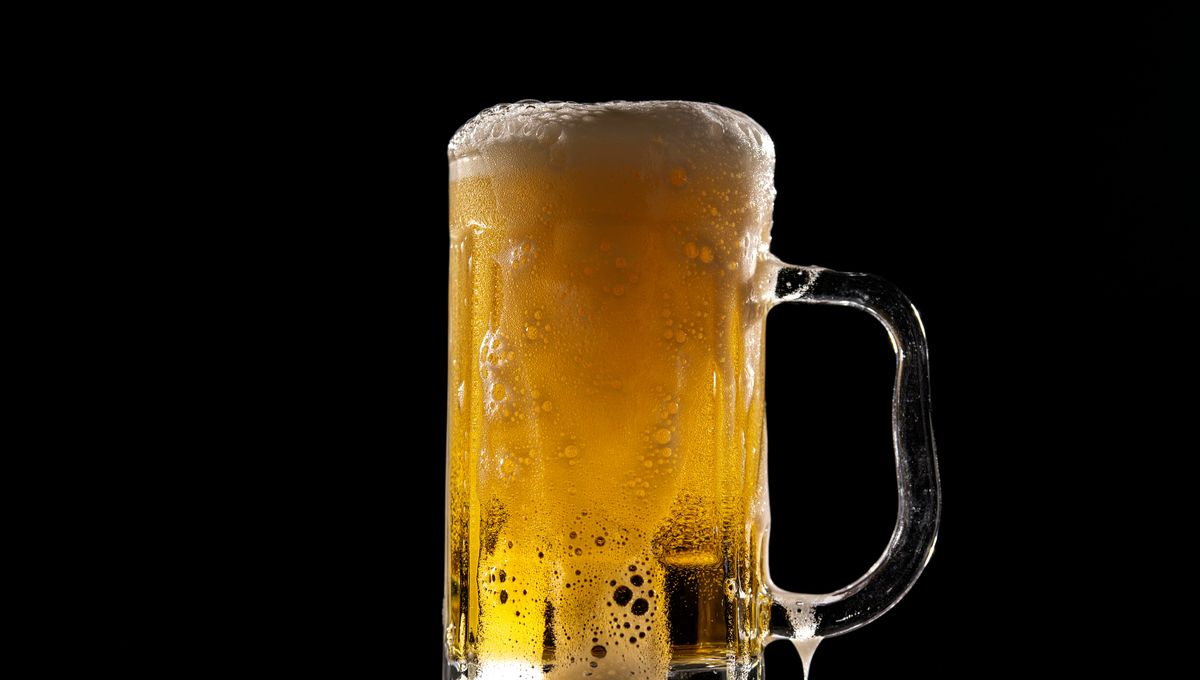
It’s hard to find a single common denominator that links all human societies and underpins all of our achievements as a species, but some scientists think that alcohol may be the most likely candidate. Known as the “drunk hypothesis”, this idea is based on the rationale that booze enhances social bonding and creativity, and that drinking could therefore have facilitated political cohesion in ancient cultures, enabling the rise of complex societies.
To test this hypothesis, the authors of a new study analyzed historical ethnographic reports relating to 186 non-industrial societies from around the world. Seeking out references to indigenous alcoholic beverages, the researchers identified a correlation between cultural drinking practices and political complexity.
Describing their findings, the authors point out that they made sure to only include information on traditional low-alcohol fermented drinks like cereal beers and fruit wines, as stronger distilled spirits are associated with significant negative social consequences. For instance, they explain that in modern western cultures, high-strength alcohol consumption is linked to “social disorder, domestic abuse, poor work performance, as well as an estimated 3 million alcohol-related deaths a year worldwide.”
In contrast, however, milder drinks may bring positives that outweigh the negatives. According to the researchers, “anthropologists have long pointed out that alcohol has a crucial bonding function and that social drinking is an active force through which personal and group identities are constructed, transformed and embodied.”
“Moreover, it has been argued that alcohol is a powerful political tool that played a significant role in the formation of early states, such as in Mesopotamia, Egypt, China, and the Andes,” they add. Within these ancient cultures, drinking may have been incorporated into religious rituals or secular feasts, acting as “a mechanism for building alliances, mobilising labour, creating reciprocal obligations and implementing political authority.”
In some cases, alcohol even played a military function, with early Celtic and Germanic rulers hosting what the researchers describe as “epic, alcohol-fuelled banquets to promote unity, loyalty, and commitment among their warriors.”
Returning to their database, the study authors say that they found “a positive relationship between the presence of indigenous alcoholic beverages and higher levels of political complexity, measured by the number of administrative levels.”
“In the case of traditional non-distilled fermented beverages, our results support the hypothesis that group-level social benefits (such as more effective cooperation in work, food production and warfare) may outweigh the disruptive effects of intoxication,” they write.
Overall, then, these findings support the drunk hypothesis, suggesting that booze may well have played a role in the formation of complex societies worldwide. Unsurprisingly, however, the authors say it’s unlikely that alcohol alone was responsible for the emergence of human civilization, as “other contributing factors, such as agriculture or religion, were probably more effective drivers than getting drunk.”
The study is published in the journal Humanities and Social Sciences Communications.
Source Link: The Drunk Hypothesis: Did Booze Enable The Rise Of Human Civilization?